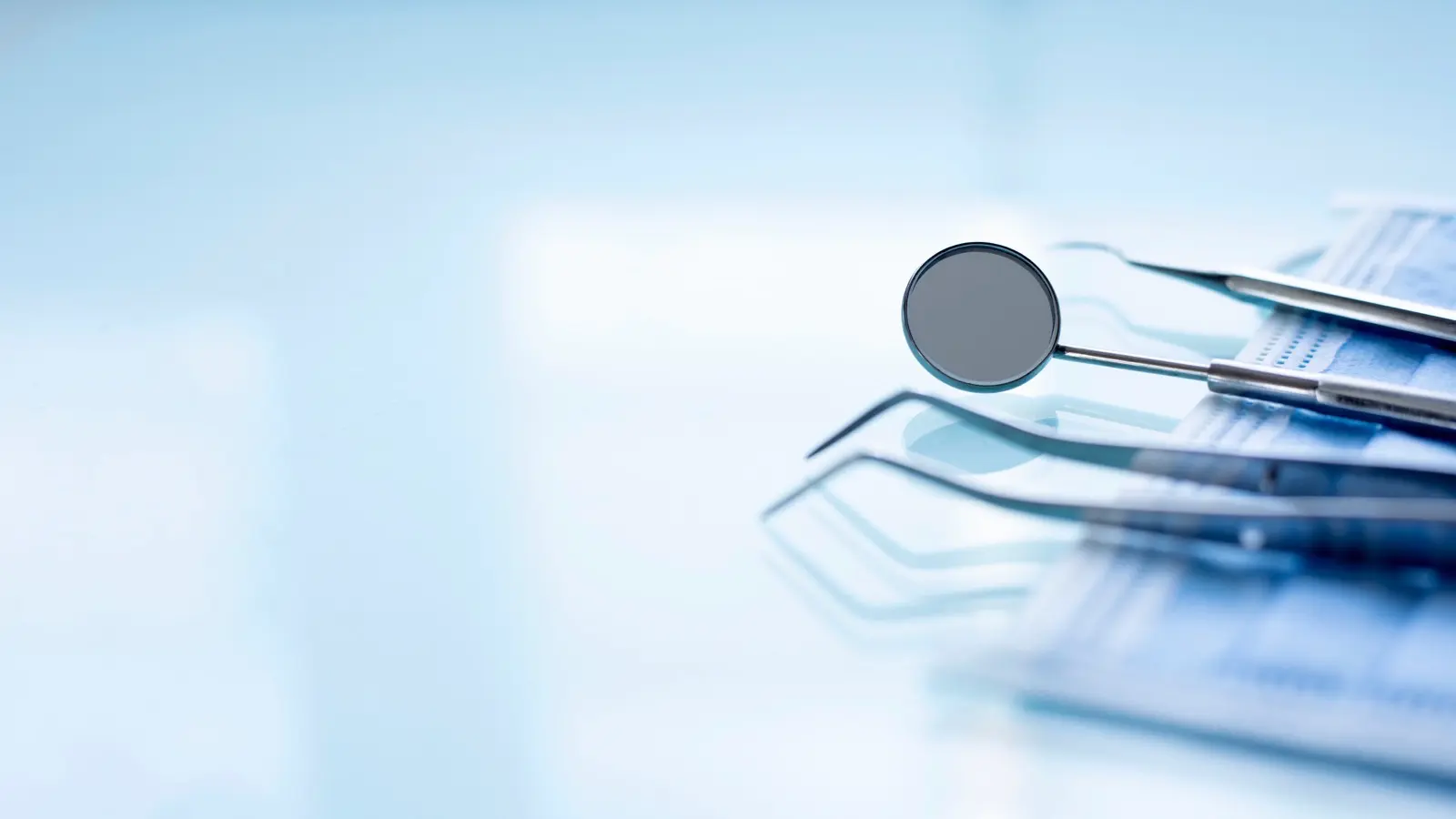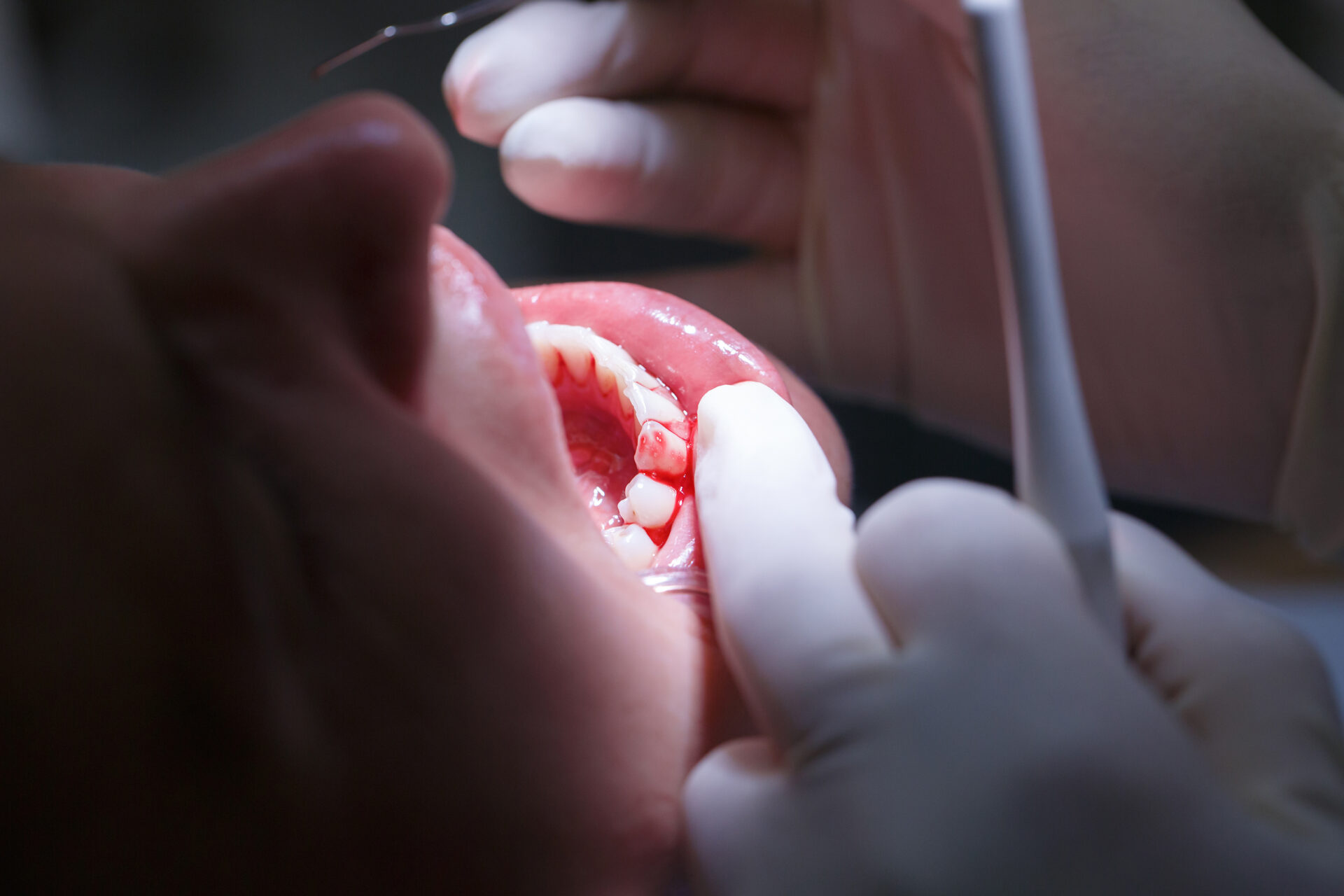Our teeth are naturally strong, but due to some circumstances that cannot be avoided, they can crack, chip, or break no matter how strong they are.
A chipped tooth only happens when a part of your tooth starts to break. Chips may not cause severe damage when it fails, but they require attention to ensure that the damage will not worsen or lead to more severe concerns.
Anyone can experience a chipped tooth. This common issue can affect your oral health and can happen to anyone. We should not ignore this injury because it can lead to discomfort and pain. These cracks will affect the teeth’ roots and appearance. That is why it should not be overlooked; immediate treatment is required to prevent further damage to the tooth. The causes of a chipped tooth depend primarily on our daily activities.
Below is a list of some common causes of a chipped tooth, some dental problems you may experience with chipped teeth, and tips on avoiding them.
Common causes of the chipped tooth?
- Overeating hard food, acid-producing foods, sweets, sticky foods, and biting objects. Kids have higher chances of experiencing a chipped tooth because they bite things more often than adults. Citrus fruits, coffee, and alcoholic beverages help wear down the enamel of the teeth, which can cause brittleness and eventually cause the tooth to break.
- Accidents. Dental emergencies are the last thing we want to happen, but they happen often, and we are usually unprepared for them. Vehicular accidents or accidentally hitting your mouth after a fall are examples of accidents that may affect our teeth.
- Playing sports. Athletes understand that playing sports can lead to the possible breaking of teeth, whether in an accident or on purpose. Mouth guards reduce the possibility of having a broken tooth during a game. It is used to safeguard our teeth when playing contact sports.
- Bad habits. This includes teeth grinding, nail-biting, and chewing ice often. Teeth grinding is not harmful; however, it will become dangerous if it occurs regularly. Some people cannot control teeth grinding when sleeping. Most people also think that chewing ice is good for your teeth. However, they don’t realize that eating hard foods can damage the teeth’ enamel, making them susceptible to breaking.
- Tooth decay or cavities. This is caused by combining factors such as bacteria in the mouth, overeating, and poor oral health care. The areas in your teeth affected by cavities are permanently damaged and cause tiny openings or holes.
- Amalgam fillings. This can offer strong resistance to bad teeth and also safe and stable; however, it may cause brittleness over time.
Molars are the most used in eating. Thus, they are more likely to break easily and are prone to chipping. Some molars are also closer to each other, which can be a bacteria breeding area if some foods are caught between them. Therefore, you should brush your teeth at least twice daily.
Will a chipped tooth get infected?
Sometimes, a chipped tooth may not be severely damaged at first. However, it can worsen over a while, so you need to visit a dentist as soon as possible for treatment. A tooth can break from slight damage to severe injuries. Cracks can affect the root or pulp, which contains the blood vessels, nerves, and some connective tissues. These cracks are prone to bacteria, and when this bacterium accumulates, it can cause an oral infection that can further damage a patient’s dental health.
A chipped tooth is painful. Thus, it is not advisable to ignore it. A chipped tooth is not usually a clean cut, so a cut on your tongue can happen often. Also, the nerve of your tooth is exposed, so it is more sensitive to pressure and temperature during chewing and drinking, which can last or worsen over time. Some cracks are invisible, especially at the mouth’s back portion. However, you can check the damage’s severity by looking at the mirror and taking a picture. Overlooked cracks can cause the breaking of the teeth altogether, which will require further treatment to fix.
Finally, a chipped tooth can lead to infection if left untreated. Bacteria inside the mouth may enter the inner part of your tooth. This may result in tooth abscesses. Tooth abscesses are pockets of pus; it looks like a pimple but is more extensive and dipper. Abscesses are caused by bacterial infection. Due to this infection, a tooth can be damaged prematurely or permanently. This infection could affect the tooth itself, and there is an excellent chance that it can spread to other parts of the mouth if it is not treated correctly and immediately.
What to do if you have a chipped tooth?
The treatment for a chipped tooth will depend on the tooth’s damage. If there is minimal damage, the repair can be done with just one visit with your dentist, but the treatment could take longer and be costly if it is severe.
If you accidentally chip your tooth, the first thing to do is to book an appointment with your dentist; it will cause too many problems if you keep delaying it. A home fix is not advisable for a chipped tooth; even dentists do not recommend it; however, there are some tips you can follow to protect your tooth and mouth while waiting for your appointment with the dentist.
There are instances when you cannot see your dentist right away after breaking a tooth. If this happens, you may start by cleaning it with warm water to eliminate food particles stuck inside your tooth. Brushing your chipped tooth causes too much discomfort, so mouthwash is also a good idea, but if it is unavailable, you may use salt water to reduce the risk of infection. If bleeding, you may apply pressure and put on some cold compress to lessen the swelling. A chipped tooth can get very painful, so you may try over-the-counter pain relievers to alleviate the pain and the swelling. Also, avoid eating hard foods and biting down your damaged food while waiting for your doctor’s appointment.
Bottomline
Some cracks are not visible. Some are hiding below your gum or inside your tooth. Some visible cracks and chips have no symptoms, and you may not feel any pain or sensitivity; therefore, the more severe and broader the damage, the more treatment is needed. So, it is essential to let your dentist diagnose the extent of damage by examining the tooth, having a bite test, and undergoing dental x-rays.
A chipped tooth is one of the most common dental injuries. But it doesn’t mean you should ignore it. It can get painful to break or chip a tooth, but some chipped teeth are not severe enough to undergo extensive treatment. You can take good care of your chipped tooth by making an appointment with your dentist.
If you need help with your chipped tooth, contact River District Smiles. We have expert dentists who can help you right away.


